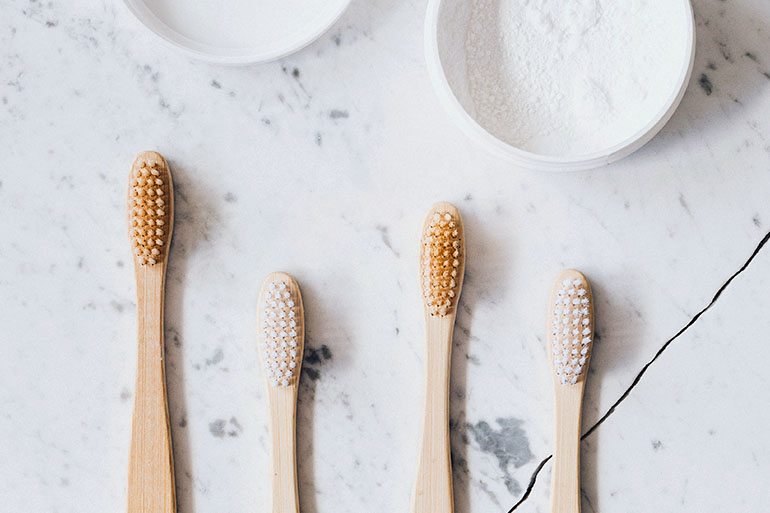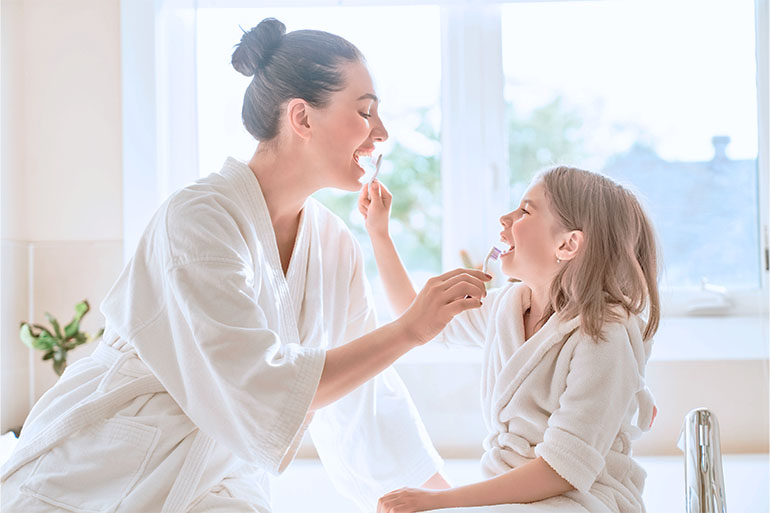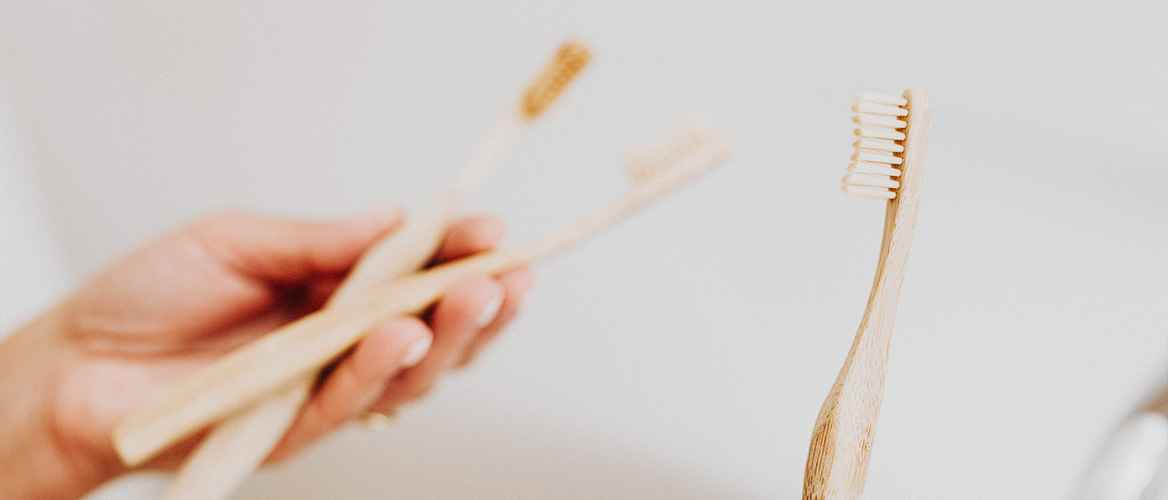December 1, 2022
October 25, 2022
As a mom of a two-and-a-half-year-old and an educator for over a decade, I can vouch for the fact that getting kids to care about their dental health is a stretch at best, and at worst it is fighting (literal) tooth and nail to pry your way into their mouth to somehow brush just a tiny bit of an incisor. And even if you don’t have a strong-willed two-year-old in your home, getting children and adolescents to truly make dental care a priority can be challenging. Statistics on oral health from the CDC show that “half of children ages 6-8 have a cavity in at least one of their baby teeth,” and “adolescents ages 12-19 have a cavity in at least one of their permanent teeth,”. Those are some steep numbers. The truth is, dental health is linked to overall health in many ways, and on top of that can add up to some expensive (and not very enjoyable) trips to the dentist office. In fact, (average cost of cavity filling, cleaning, orthodontia, extraction, etc.).
It is no secret that prevention is the best medicine, and that’s no different for dental kids care and oral health. That’s why here we’ve compiled a few of our best tips for protecting dental kids care–even when they could care less.
1. Start young
The best way to get dental kids care and oral hygiene is making it a part of their routine from the very beginning–even before they have a full set of teeth. Make a habit of wiping gums with a clean cloth once in the morning and once before bed. Once they start getting their first teeth coming in, it is important to get in their mouth with a brush twice a day and get them used to the feeling and texture.
In the United States it is recommended to bring your child in for a dental check-up when they turn one, however in Spain it is more common for your child’s pediatrician to check up on their oral health and once all of their teeth come in you can speak about a preliminary check up with your dentist.
Important: Even if you’ve let oral care go by the wayside in the first few months of your baby’s life, it is of special importance to start making a conscious effort specifically when you start offering solid foods. Foods other than formula or breastmilk which contain naturally or artificially occurring sugars can damage tooth enamel, which is why gently brushing at an early age is a great place to set the stage for healthy dental care in your kid.
2. Avoid sugary foods
We all know that sugar doesn’t do us any favors. As adults we have the knowledge and perspective to know what sugar does to our teeth and we feel the need to clean them as soon as we’ve finished a decadent piece of birthday cake. Children and adolescents, however, may not see that immediate need, nor the long term (or short term) effects of sugar on their teeth. According to the Andalucia Program of Child and Adolescent Health, whenever possible and especially in children under the age of one, “foods with added sugar should be avoided completely,”. After this age, foods with added sugars can be introduced at each parents’ discretion, but in small quantities. It is especially important to avoid sugary foods at bedtime after they’ve brushed their teeth.
3. Model good habits
Children, especially young children, learn from modeling their parents and other adults around them. Make brushing a time for both you and your child to brush your teeth and show them how to brush their teeth well. Set them up for success by getting a stool to be on the same level, a toothbrush they’re excited about, and, if you’re anything like me, a little jingle to go with teeth brushing time.
4. Bring them to your next appointment
As a part of modeling good habits, show them how fun and interesting a dentist appointment can be. Bringing them along before they need to start going to their own appointments is a way to get them excited about going to the dentist. Your enthusiasm and no-fear attitude will surely have them asking when they get to go next.
5. Make it fun
If you’re a parent you know full well that sometimes we have to do a little song and dance to get things moving in the direction we want–sometimes literally. Get your child engaged with books, songs, or even TV episodes about teeth brushing. Pretty soon it will be an established part of their routine that they’ll start to do without a second thought.

The bottom line: What you should know about kid’s dental care in Spain
While all of these tips and tricks for kid’s dental health are wonderful, what’s really important is what dental health is like for children in Spain. In my personal experience, and compared to the United States standard of two cleanings a year, dental health is sometimes overlooked. When it comes to children’s dental care in Spain, it is important to know that children’s basic dental care is covered by the public health system for children ages 6-15. The services provided cover basic needs and vary depending on region. Contrary to the United States, however, dental insurance in Spain is quite affordable and a great option for those looking for a dependable, affordable option that covers all the bases, and for all ages. Knowing that you’re covered no matter what, and are easily able to schedule and change appointments is peace of mind that the public system doesn’t often offer.
But no matter what you decide is best for your family, what’s clear is that by following a few simple tips and tricks, you should be able to get your child on the path to good dental and oral health that will hopefully last a lifetime.
.png?width=344&height=67&name=logo_caser%20(2).png)









Let Us Know What You Thought about this Post.
Put your Comment Below.